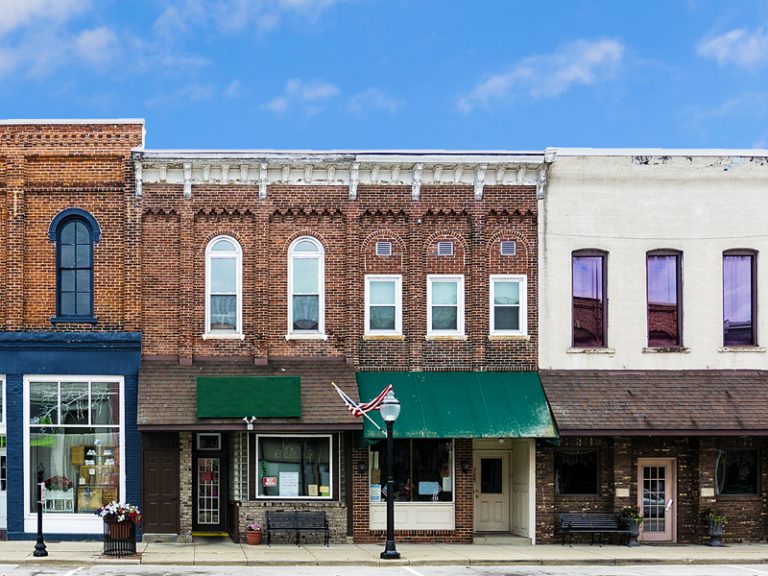
This event, sponsored by the Commercial Real Estate Data Alliance (CREDA) and the Institute for Private Capital (IPC), brings together leading academics and practitioners to discuss current issues related to commercial real estate, infrastructure, inflation and policy issues such as the effects of possible rent control proposals on investment returns.

This event, sponsored by the Commercial Real Estate Data Alliance (CREDA) and the Institute for Private Capital (IPC), brings together leading academics and practitioners for discourse and discussion on innovative topics in the field of commercial real estate.

Is Inflation Just What the (Policy) Doctor Ordered?
As the Consumer Price Index rises, businesses sound the alarm over supply-chain bottlenecks, and federal stimulus checks spur spending, the chatter around inflation is increasing. In this Kenan Insight, we explore what this potential perfect storm for an inflation spike could have on a recovering U.S. economy.

The widespread adoption of technological advances has made the move to working from home during the COVID-19 pandemic a success. In this Kenan Insight, we look at why the switch was such a win, its impact on worker productivity, and what it means in the long term for workers, office spaces and cities.
The list of stores that have closed or gone bankrupt in 2020 reads like a “who’s who” of venerable retail giants. Although retailing has been experiencing tectonic shifts for several years, the COVID-19 pandemic has accelerated both challenges and opportunities. In this Kenan Insight, we explore four major trends in retail, with a particular focus on food retailing.
This webinar is invite only.
In stark contrast with liquid asset returns, I find that commercial real estate idiosyncratic return means and variances do not scale with the holding period, even after accounting for all cash flow relevant events. This puzzling phenomenon survives controlling for vintage effects, systematic risk heterogeneity, and a host of other explanations. To explain the findings, I derive an equilibrium search-based asset-pricing model which, when calibrated, provides an excellent fit to transactions data.
This research paper develops a substantial, large-scale database of building energy use, energy audit reports, land use, and financial characteristics in New York City to empirically model the hurdle rate for energy retrofit investments, using actual audit data per permitted renovation work.

How Will COVID-19 Affect Commercial Real Estate?
Commercial real estate is a major asset class, with an estimated value of more than $12 trillion in the U.S. alone. But the stay-at-home orders and business closures precipitated by the COVID-19 pandemic have the potential to negatively – and disastrously – affect commercial properties. What will the short- and long-term impacts be, which types of properties will be hardest hit and what policies can be put in place to help stem the tide of losses? UNC Kenan-Flagler Business School Professor and Leonard W. Wood Center for Real Estate Studies Faculty Advisor Andra Ghent and her colleagues examine these issues in this week’s Kenan Insight.
This webinar is invite only.

A panel of experts convened by UNC Kenan-Flagler Business School and its affiliated Kenan Institute of Private Enterprise will be offering a press briefing via webinar on the impact of COVID-19 on traditional retail, including product supply chains, innovative new channels for customer fulfillment and the resulting implications for commercial real estate. Join Tuesday, April 28, at 11 a.m. EDT.




Commercial Real Estate Faces Challenges, Not a Crisis
Some are worrying about the future of commercial real estate because of recent falls in valuations. Our expert discusses the challenges facing CRE and how to disentangle the trends that are shaking up the sector.